Fungicides
-

Chlorothalonil organochlorine borad-spectrum fungicide for crop care
Chlorothalonil is a broad-spectrum organochlorine pesticide (fungicide) used to control fungi that threaten vegetables, trees, small fruits, turf, ornamentals, and other agricultural crops. It also controls fruit rots in cranberry bogs, and is used in paints.
-
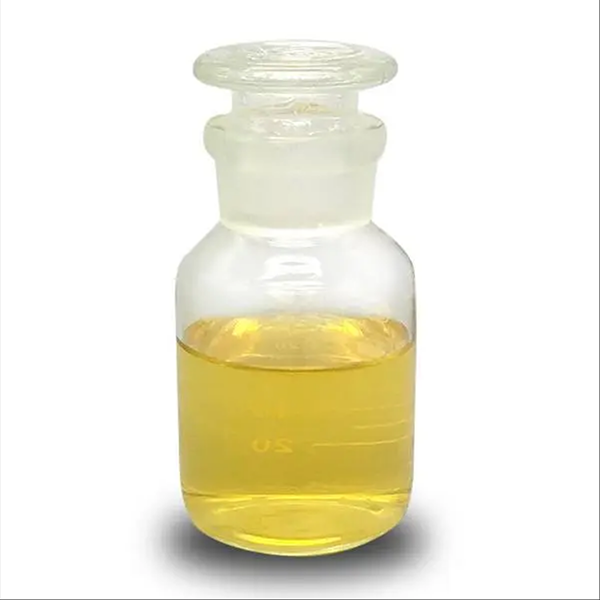
Propiconazole systemic wide application triazole fungicide
Propiconazole is a type of triazole fungicide, it is used extensively in a variety of applications. It is used on grasses grown for seed, mushrooms, corn, wild rice, peanuts, almonds, sorghum, oats, pecans, apricots, peaches, nectarines, plums and prunes. On cereals it controls diseases caused by Erysiphe graminis, Leptosphaeria nodorum, Pseudocerosporella herpotrichoides, Puccinia spp., Pyrenophora teres, Rhynchosporium secalis, and Septoria spp.
-
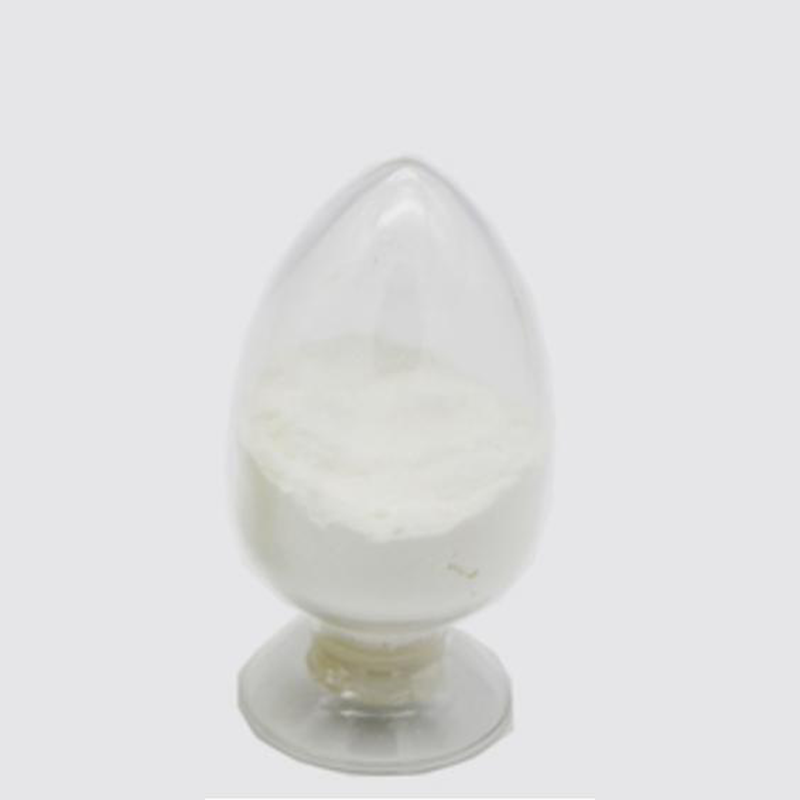
Fludioxonil non-systemic contact fungicide for crop protection
Fludioxonil is a contact fungicide. It is effective against a wide range of ascomycete, basidiomycete and deuteromycete fungi. As a cereal seed treatment, it controls seed- and soil-borne diseases and gives particularly good control of Fusarium roseum and Gerlachia nivalis in small-grain cereals. As a potato seed treatment, fludioxonil gives broad-spectrum control of diseases including Rhizoctonia solaniwhen used as recommended. Fludioxonil does not affect seed germination. Applied as a foliar fungicide, it provides high levels of Botrytis control in various crops. The fungicide controls diseases on stems, leaves, flowers and fruits. Fludioxonil is active against benzimidazole-, dicarboximide- and guanidine-resistant fungi.
-
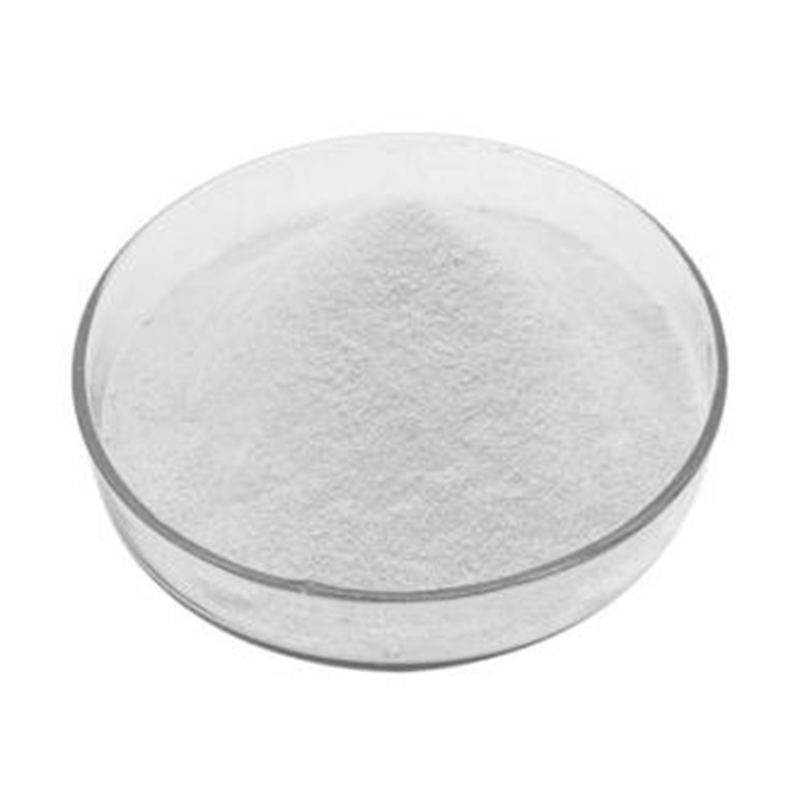
Difenoconazole triazole broad-spectrum fungicide for crop protection
Difenoconazole is a kind of triazole-type fungicide. It is a fungicide with broad-range activity, protecting yield and quality by foliar application or seed treatment. It takes effect through acting as the inhibitor of sterol 14α-demethylase, blocking the biosynthesis of sterol.
-
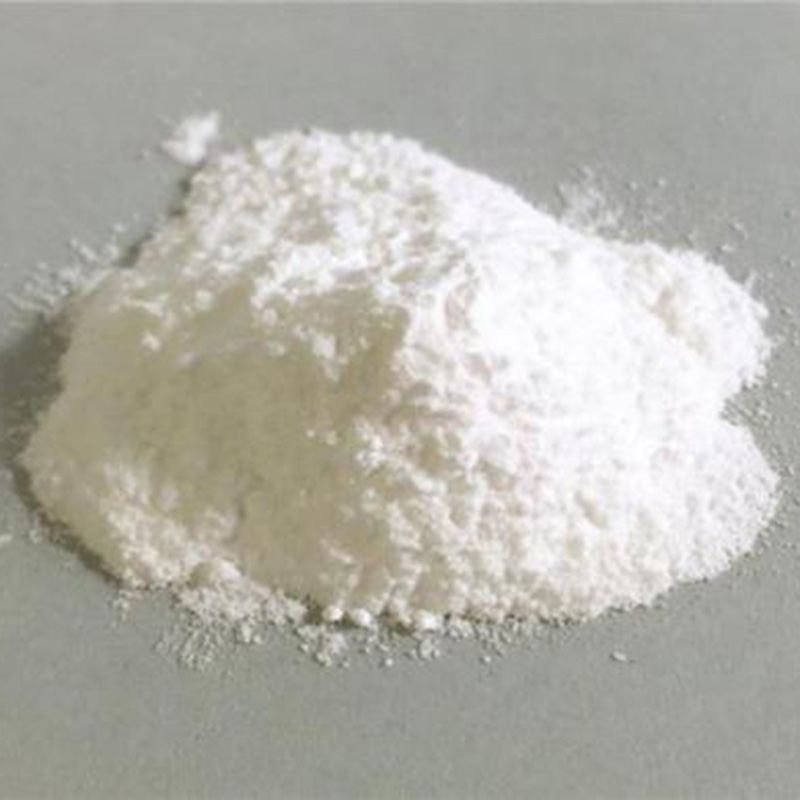
Boscalid carboximide fungicide for
Boscalid has a broad spectrum of bactericidal activity and has a preventive effect, being active against almost all types of fungal diseases. It has excellent effects on the control of powdery mildew, gray mold, root rot disease, sclerotinia and various kinds of rot diseases and is not easy to produce cross-resistance. It is also effective against the resistant bacteria to other agents. It is mainly used for the prevention and control of diseases associated with rape, grapes, fruit trees, vegetables and field crops. The results have showed that Boscalid had a significant effect on the treatment of Sclerotinia sclerotiorum with both the disease incidence control effect and the disease control index being higher than 80%, which was better than any of the other agents currently popularized.
-
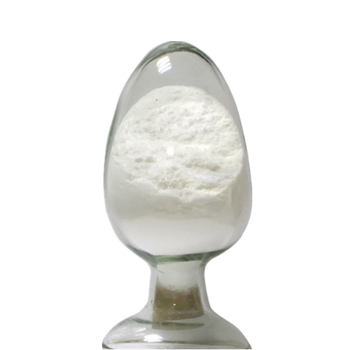
Azoxystrobin systemic fungicide for crop care and protection
Azoxystrobin is a systemic fungicide, active against Ascomycetes, Basidiomycetes, Deuteromycetes and Oomycetes. It has preventative, curative and translaminar properties and residual activity lasting for up to eight weeks on cereals. The product demonstrates slow, steady foliar uptake and moves only in the xylem. Azoxystrobin inhibits mycelial growth and also has anti-sporulant activity. It is particularly effective at the early stages of fungal development (especially at spore germination) due to its inhibition of energy production.













